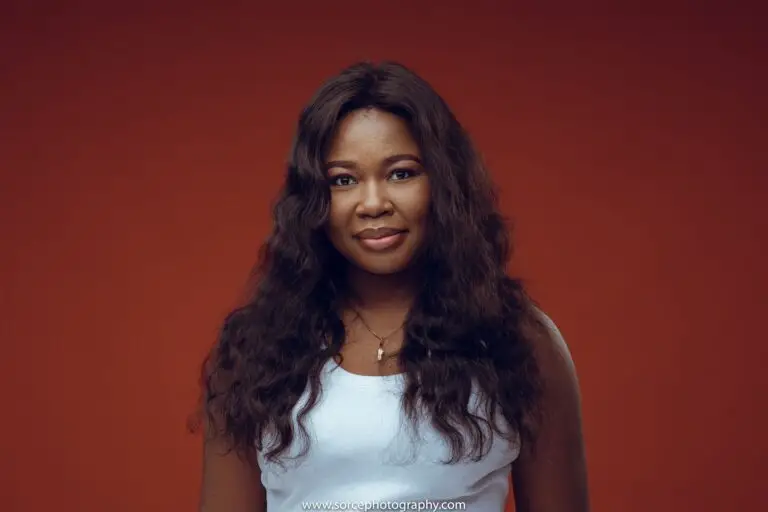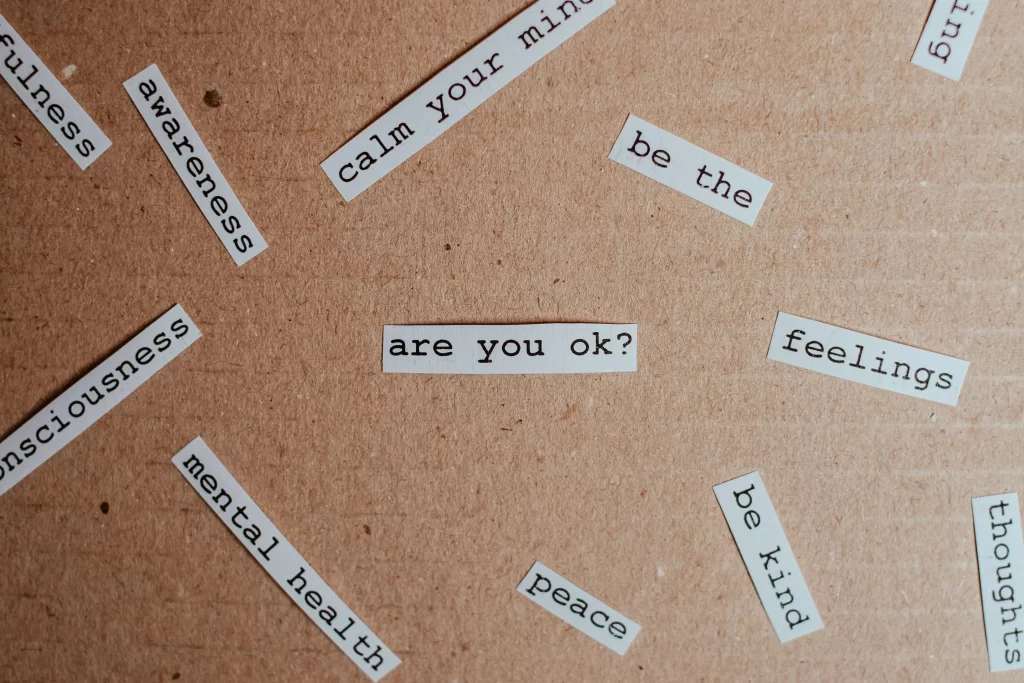Unspoken Narratives

Grief is, like, this really tough path that no one ever quite gets you ready for. It sneaks into your life, shakes everything up in a way that’s almost unbearable, and leaves you with these big questions that might never get answered. My story, much like so many others out there, is filled with deep loss and sorrow but also eventually a kind of healing.
So recently I put my personal journey out there on LinkedIn during a chat with Margaret Martinez. This conversation opened up some pretty raw wounds but also helped me see how powerful vulnerability and community can be when it comes to healing. Today, I want to share this part of my life through Secret Memoir not just as someone who started a mental health community but as someone who has walked through some seriously dark times and found just a bit of light.
I went through the heartbreak of losing two unborn babies. It’s a type of loss that words can’t even begin to describe fully. The first time it happened, it felt like my heart was literally torn from my chest. I could hardly wrap my head around the fact that something so precious something I had prayed for was suddenly gone. When it happened again the second time, with the baby fighting to live, I was utterly devastated beyond belief. My dreams of becoming a mother seemed shattered completely and I found myself drowning in sorrow.
But what made everything even harder to bear was how other people reacted. Instead of getting support or compassion from those around me, I got blamed instead! People told me that somehow in some twisted way, it was all my fault that my babies had died. As if losing them wasn’t already enough pain to handle by itself! Feeling judged and misunderstood only added more layers to an already overwhelming grief.
In our society, especially in many parts of Africa, there is an unsettling silence around grief and personal struggles as though People somehow brought whatever pain it was they are feeling into their lives and as such had to deal with it by themselves. People hardly talk about their struggles openly, and when they do, it’s often laden with shame or judgment. As women, we’re expected to endure, to move on, to be strong. But no one tells you how to process the heartache that comes with losing a child. No one prepares you for the emotional toll it takes on your mind and soul.
Margaret Martinez, during our conversation, pointed out something I had been grappling with for years: the world often turns away from those who are suffering, most often because they don’t know how to help or because facing someone else’s pain is uncomfortable, people often shun those who are grieving. I experienced this firsthand.
It took me years to realize that vulnerability isn’t weakness. Sharing my pain, my loss, and my journey didn’t make me weak it made me human. It allowed me to connect with others who had suffered similar losses, who had been blamed or silenced in their grief. And it was in these connections that I began to heal.
Margaret helped me understand that we, as a society, need to create spaces where people can grieve openly, without fear of judgment. We need platforms where stories of loss and pain are shared freely, because in sharing, we find solidarity, comfort, and healing.
This is why I created Secret Memoir, a place where people can share their deepest stories, anonymously if they choose, without fear of being judged or shamed. It is a space where people can express their grief, their sorrow, and their struggles, and in return, receive support and understanding from a community that cares.
Storytelling has been my lifeline. Writing about my losses, even though painful, has been a form of therapy for me. Each word I write helps me process my grief a little more, allowing me to confront emotions that I might otherwise suppress. And through sharing my story with others, I have found a community of people who understand people who have faced similar losses, similar judgments, and similar struggles
Through Secret Memoir, I hope to offer the same for others. I want to create a space where people can express their most painful experiences without the fear of being silenced or blamed. A space where they can heal through storytelling and peer support, just as I have begun to do.
If you’ve experienced loss whether it’s the loss of a child, a loved one, or a part of yourself I invite you to share your story. Whether it’s with a friend, a community, or through Secret Memoir, telling your story is the first step toward healing. Your story matters, and in sharing it, you may find that you are not alone in your grief.
It’s time to stop shunning those who are suffering and instead offer them a safe place to share, heal, and grow. Let’s create a community that’s empathetic and support each other in our darkest moments.
My journey navigating grief isn’t over yet nor do i expect it to go entirely But support received both online/in-person taught lessons worth learning that healing doesn’t mean forgetting or moving on necessarily it involves carrying pain differently transforming meaningfully into hopeful-stories helping others along the way.
I envision Secret Memoir being such place providing hope and support.
To anyone reading this who has experienced loss or presently struggling with any form of pain, embrace it, share it and allow it to lead you toward healing.
Thank you for allowing me to share my story with you all.
Matilda Ackumey


